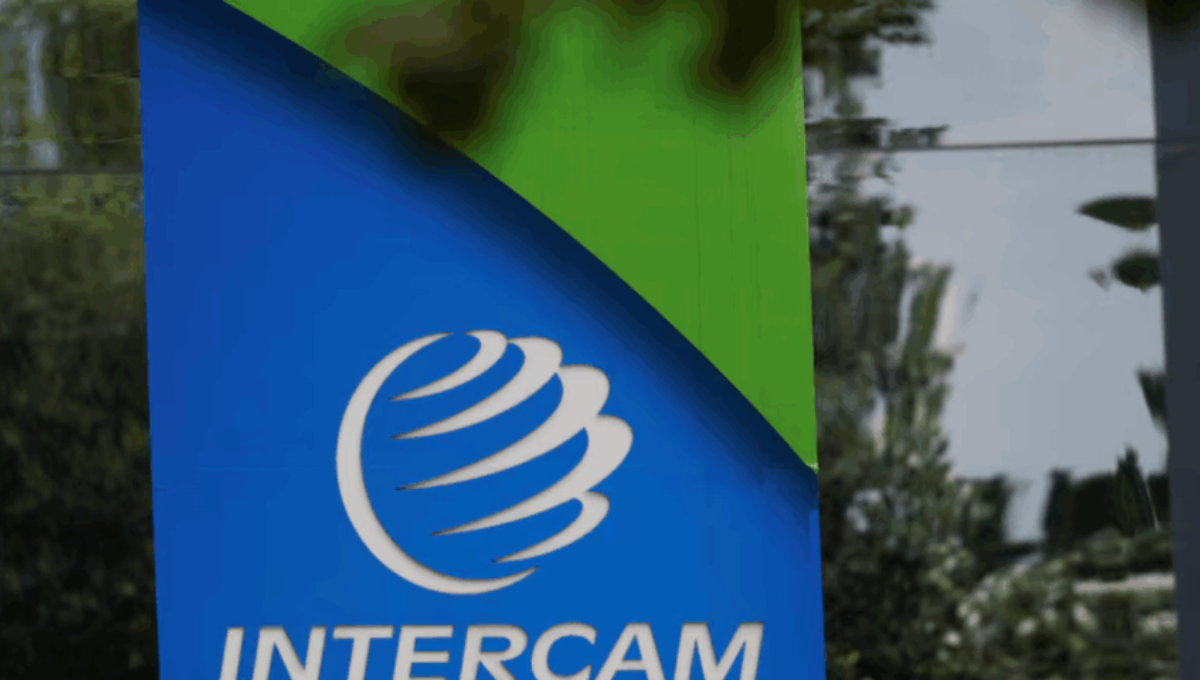In a significant development impacting Mexico’s financial sector, two major Mexican banks have been compelled to sell substantial parts of their operations following the extension of US sanctions that effectively block their access to the American financial system. The US sanctions accuse these institutions of facilitating money laundering linked to drug cartels, especially in connection with fentanyl precursor chemicals from China, causing cascading economic consequences for the targeted banks and shaking financial markets and regulatory landscapes across Mexico.
Background of the Sanctions
In June 2025, the US Treasury Department’s Financial Crimes Enforcement Network (FinCEN) designated three Mexican financial institutions—CIBanco, Intercam Banco, and Vector Casa de Bolsa—as primary money laundering concerns related to illicit opioid trafficking. These designations were part of a broader Trump administration initiative to combat fentanyl trafficking and cartel financing through stringent financial measures under the FEND OFF Fentanyl Act and the Fentanyl Sanctions Act of 2024.
According to the US Treasury, these banks played critical roles in laundering millions of dollars on behalf of violent drug cartels such as CJNG, Beltrán Leyva, and the Gulf Cartel. Allegations included processing payments facilitating the purchase of fentanyl precursor chemicals from China, which are precursors in the production of synthetic opioids devastating the US population. The sanctions prevent US financial institutions from transmitting funds to or from these Mexican entities, thereby severing their ties to the US financial market effective July 21, 2025.
Regulatory and Market Reactions in Mexico
The sanctions immediately triggered a strong response in Mexico. President Claudia Sheinbaum publicly rejected the allegations, demanding concrete evidence from the US Treasury. She emphatically stated that without evidence, Mexico would not recognize the claims of money laundering. Despite these denials, Mexico’s banking regulator, the National Banking and Securities Commission (CNBV), stepped in to temporarily manage the affected banks to safeguard creditors and maintain financial stability.
The regulator’s intervention underlined the severity of the situation as it imposed fines totalling nearly US $10 million on the sanctioned institutions for compliance failures. Intercam was fined approximately US $4.9 million, CIBanco about US $3.55 million, and Vector Casa de Bolsa around US $1.4 million.
Repercussions for the Banks and Asset Sales
The sanctions have proven devastating for the targeted banks, with some describing the loss of US market access as a “death sentence” for their operations. Intercam Banco, which would have marked 26 years in operation, announced the sale of its assets, liabilities, branches, and trusts to Kapital Bank, another Mexican financial institution. This acquisition, subject to approval by CNBV and other regulatory authorities, represents a strategic rescue to ensure operational continuity and financial stability for Intercam’s clients and investors. Kapital Bank committed to injecting USD 100 million to strengthen the acquired operations.
Similarly, CIBanco faced severe consequences, including network interruptions by international payment systems like Visa, which prematurely severed international transaction platforms related to CIBanco despite the official 21-day grace period stipulated by the sanctions. Additionally, credit rating agencies downgraded the banks, citing increased vulnerabilities due to anti-money laundering concerns and the direct impact of the sanctions.
Legal and Judicial Developments
CI Banco (CIBanco) has taken judicial action by filing a lawsuit against the US Department of the Treasury and FinCEN, contesting the money laundering accusations and asserting that the sanctions effectively amount to a death sentence for the bank. This legal battle reflects the broader contentious atmosphere surrounding the sanctions, with the Mexican government seeking political and diplomatic channels to address the situation. The US Treasury, however, has twice extended deadlines for the institutions to comply with regulatory requirements, most recently to October 20, 2025, affirming ongoing scrutiny and enforcement actions.
Implications and Outlook
The US sanctions on Mexican banks signify a stark reminder of the international reach of financial regulatory enforcement against institutions suspected of involvement in criminal activities, particularly drug trafficking financing. These sanctions have placed Mexican banks under extraordinary pressure, forcing major structural changes and ownership transitions in the sector.
For Mexican financial institutions, the episode highlights the critical importance of stringent compliance frameworks to avoid entanglements with illicit finance. Meanwhile, it poses challenges and uncertainties for clients and investors, including Americans with banking ties to Mexico, who face heightened scrutiny and an evolving regulatory landscape.
The Mexican government has pledged to take necessary measures to protect creditors and restore confidence in its banking system, while ongoing political, judicial, and regulatory processes continue to unfold in response to the sanctions.
The forced sale of major assets by Mexican banks following US sanctions marks a pivotal and tumultuous moment in the relationship between US enforcement policies and Mexico’s financial institutions. The resolution of this crisis will likely have lasting effects on banking practices, cross-border financial relations, and efforts to curb the financing of organized crime in North America.


